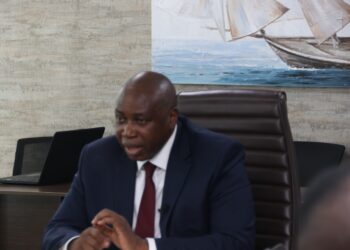The major job of insurance operators is to pay claims, when insured risks happen, the insured shift from the risk and look in the direction of the insurance company that provided cover, expecting a claim cheque.
The obligation to pay claims means a lot to the low income earners who are being wooed to come into the financial inclusion net and make them to stay put: in the financial inclusion net.
Companies operating in the financial inclusion cadre: Takaful and Microinsurance, know the peculiarity of their customers and have on offer a broad range of formal financial services that meet their needs at affordable cost. They are therefore, committed to bring insurance to them as the hope they can relate with. When the event insured happens, they provide a soft landing that returns them back and standing again. Making insurance work for them when the risk happens is the soft selling point.
As clear as the obligation to pay claims might sound, the ratio of claims payment for the two firms playing in the same field for different segments of the excluded, is still a safe ride for good performance at the end of the year, and gives investors watching from the side line business nod to join assembly ground for investors in this new insurance investment place.
The respective claims ratio for Takaful and MI as at the end of December 2019, was 27% and 21%. In the same period, the respective claims paid was N540m and N75m, while the combined claims paid was N615m.
They are still fringe players in the market with less than one percent share though, the National Insurance Commission is expecting an improvement in the uptake of Takaful and Microinsurance, powered by the enforcement of compulsory insurance, and also NAICOM special purpose vehicle that provides common wordings for MI policies for easy understanding by the less literate informal sector.
Besides, NAICOM figures for 2019 Takaful performance was an approximate figure of N2b, while the performance of MI was N350m.








































